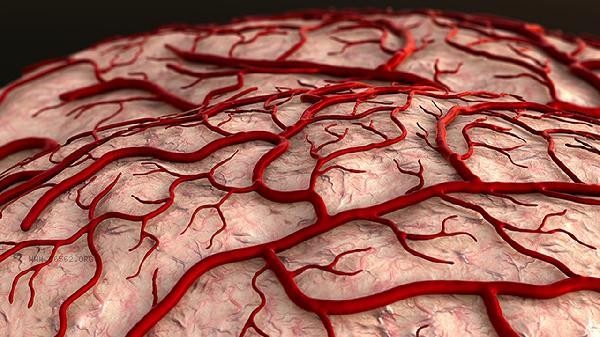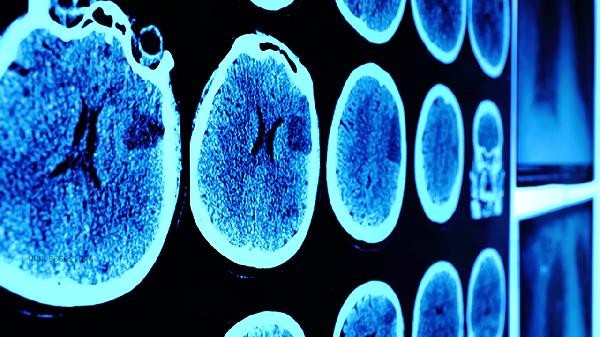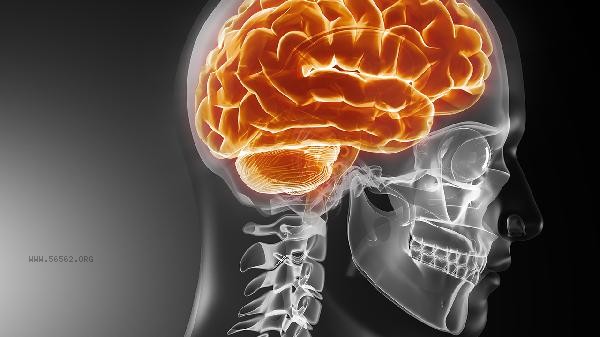The loss of memory in the brain can be improved through cognitive training, medication treatment, psychological intervention, lifestyle adjustments, rehabilitation therapy, and other methods. Memory loss may be caused by traumatic brain injury, Alzheimer's disease, cerebrovascular disease, psychological factors, nutritional deficiencies, and other reasons.

1. Cognitive Training
Cognitive training helps stimulate neural plasticity in the brain and improve memory function. Common methods include memory card games, numerical memory exercises, spatial positioning training, etc. Computer assisted cognitive training can be performed for patients with mild cognitive impairment. Training should be gradual and avoid excessive fatigue. Family members can assist patients in establishing a regular training plan and practice it in conjunction with daily life scenarios.
2. Medication therapy
Under the guidance of a doctor, drugs that improve brain metabolism such as Olacetam capsules, sodium phosphatidylcholine tablets, or cholinesterase inhibitors such as donepezil can be used. Memory impairment caused by cerebrovascular disease can be treated with Nimodipine tablets. Medication must strictly follow medical advice and undergo regular evaluations of efficacy and adverse reactions. Medications usually need to be taken regularly for a long time to maintain their effectiveness, and the dosage cannot be increased or decreased without authorization.
III. Psychological Intervention
Memory loss is often accompanied by anxiety and depression, and psychological therapy is particularly important. Supportive psychotherapy helps patients accept their current situation, while cognitive-behavioral therapy can correct negative cognition. Group therapy provides social support, while art therapy helps with emotional expression. Psychological intervention should be carried out by professional psychologists, and family members should cooperate to create a relaxed environment and avoid putting pressure on patients.

4. Lifestyle Adjustment
Maintaining a regular sleep routine helps with brain repair, and it is recommended to ensure 7-8 hours of sleep. Moderate aerobic exercise such as brisk walking and swimming can promote blood circulation in the brain. The diet should include foods rich in omega-3 fatty acids such as deep-sea fish and nuts. Control hypertension, diabetes and other basic diseases, quit smoking and limit alcohol consumption. Establish memory assistance systems such as memos, tag prompts, and other practical tools.
V. Rehabilitation Therapy
Comprehensive rehabilitation therapy includes interdisciplinary collaboration such as occupational therapy, language therapy, and exercise therapy. The rehabilitation plan needs to be personalized and customized, with a focus on training daily living skills. Physical therapy such as transcranial magnetic stimulation may improve some cognitive functions. The rehabilitation process requires the full participation of family members, maintaining patience and continuity. Regularly evaluate the rehabilitation effect and adjust the plan in a timely manner. The recovery of memory function requires long-term systematic intervention, and it is recommended to establish medical records to track changes in the condition. Maintaining a stable environment helps alleviate patient anxiety, and important items are securely placed. Cultivating hobbies and interests can delay cognitive decline, while simple household chores can maintain life skills. Pay attention to preventing accidental injuries such as falls, and carry a contact card with you when going out. Regularly review and evaluate the treatment effect, and adjust the treatment plan in a timely manner. Nutritional supplementation can be consulted with a nutritionist to ensure adequate intake of vitamin B and antioxidants. The social support system is crucial for rehabilitation, and family members need to learn professional care knowledge.









Comments (0)
Leave a Comment
No comments yet
Be the first to share your thoughts!